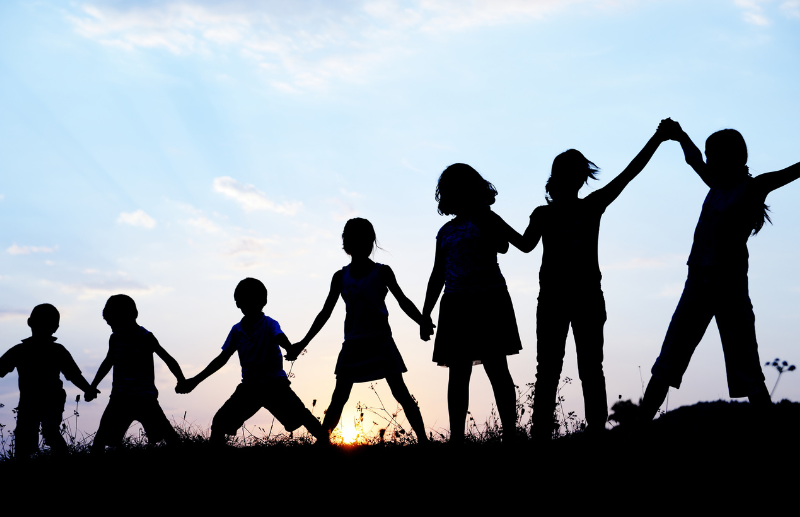DEAFNESS FORUM OF AUSTRALIA 2005 CAPTIONING AWARDS
Allow me to begin by also acknowledging the traditional owners of the land on which we meet, and pay my respects to their elders both past and present.
Allow me to begin by also acknowledging the traditional owners of the land on which we meet, and pay my respects to their elders both past and present.
I am particularly pleased to join in opening this international conference on mobility and transport for elderly and disabled people and to be discussing accessible transport here in Western Australia. The Government of Western Australia deserves recognition for the commitment it is showing to making public transport accessible: a commitment adopted in principle, policy and plans and increasingly being delivered in practice.
Last year a blind colleague of mine decided he needed a pet dog to be company for him and his teenage daughter. After checking various pet rescue websites and talking to various people, he found an 18-month-old German Shepherd / red Cattle dog cross that this bloke was giving away. He even brought the dog over in his car.
Over the past year, the Human Rights Commission has enjoyed a very productive relationship with Deafness Forum and other groups, including the Australian Association of the Deaf, and Media Access Australia . We've worked on a number of projects: TV, DVD and Cinema captioning, as well as the UN Convention on the Rights of people with Disability.
Being a young person can be tough. Sometimes it can feel like you don’t have a say about things that affect you. But you do! Having a say is one of your rights. Understanding your rights will give you the power to stand up for yourself and the people around you. So, let’s break down what children’s rights are.
Human rights are special protections that help us live a happy, healthy life. Human rights protect the things that we should all have—like clean water and safety. Your rights should always be respected and never taken away from you.
Human rights are universal and equal. Which means:

Children have special rights to meet their special needs. They are written down in an agreement made by world leaders in 1989—the United Nations Convention on the Rights of the Child.
Thank you for the opportunity to speak today. It is honour to be here today to help recognise the people who try to make a difference to some of the most vulnerable and marginalised people in our community.
I also acknowledge distinguished guests, representatives of State and local government, members of access advisory committees, and my colleague Mr Mike Taggart who has been a central figure in the achievement we celebrate today.
On behalf of the Commission I'm very pleased to receive the C & W Optus Disability Discrimination Action Plan. It's a great way to celebrate this International Day of People with Disabilities.
Exploring racism in Australia within a global context. Insights from the National Race Discrimination Commissioner, Tim Calma 2007
What I will talk about today is the way in which the Racial Discrimination Act (‘the RDA’) has been used by Aboriginal people to seek a remedy for the injustice of underpayment of wages.
Firstly, HREOC is charged with: "promoting an understanding and acceptance of human rights in Australia". Young people obviously form a very, very important part of that task.
Speaking notes for a presentation to the Mission Australia National Management Team Meeting in Sydney on 22 August 2001 by Dr Sev Ozdowski OAM, Human Rights Commissioner
I would like to begin by also acknowledging the traditional owners of the land on which we meet, the Gadigal people of the Eora nation. I pay my respects to their elders past and present. In particular, I would like to acknowledge the inspirational work of so many Aboriginal and Torres Strait Islander women who have been agents of change, be they barristers, lawyers, judges, litigants or community advocates.
I would like to begin by acknowledging the traditional owners of the land on which we meet, the Ngunnawal peoples, and pay my respect to their elders past and present.
When I first entered the law 'benchbooks' were closely guarded, leather bound books into which judges carefully entered notes as a case progressed - usually I thought adverse comments and exclamation marks about one's arguments or less than flattering remarks about one's principal witness. These books seemed to be some kind of secret code to the outcome of cases and never saw the light of day.
Visit our media centre for up to date contact details for all media enquiries.